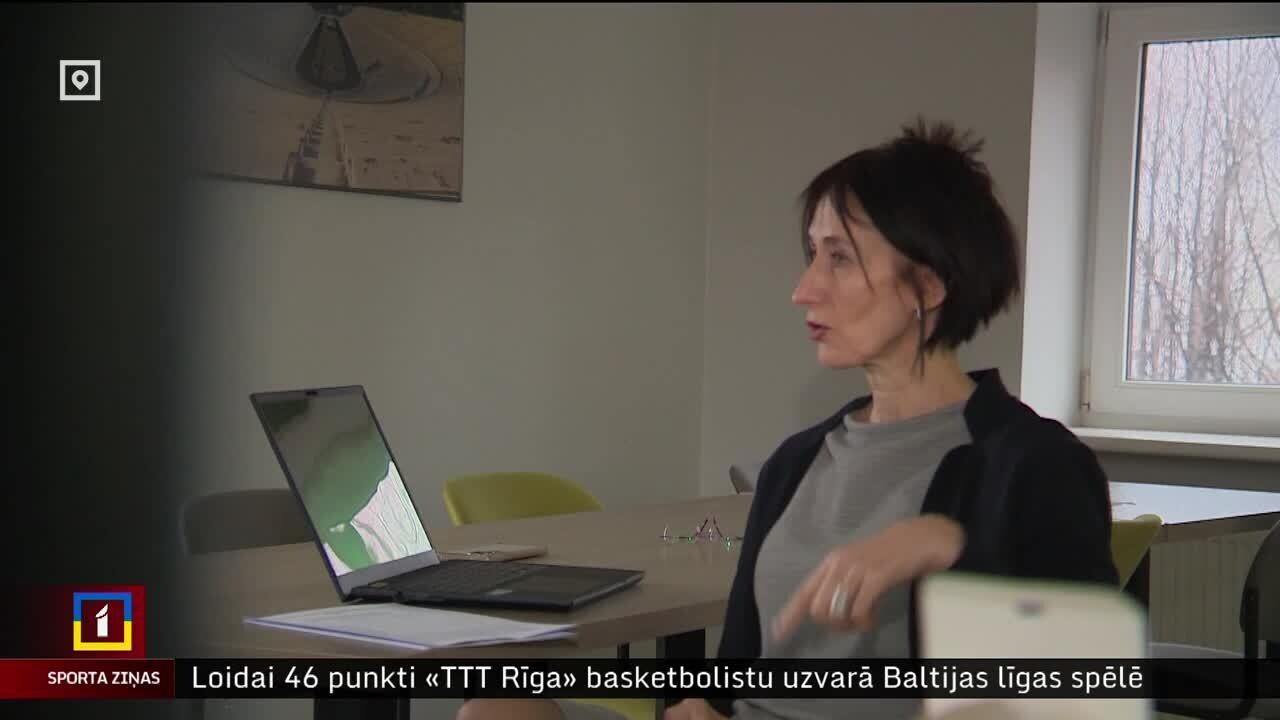With the change in the leadership of the Latvian Olympic Committee, the quota system has been abolished. As explained by Marita Vilciņa, Senior Expert of the Olympic Team, the quotas were not necessarily tied to the athletes’ results and were distributed on the basis of unclear principles.
At the end of last year, new criteria for inclusion in the Latvian Olympic team were approved. From now on, inclusion in the so-called ‘gold squad’ of elite athletes will require outstanding performance in international competition, reports Latvian Television.
Being in the top eight at the World Championships or Olympic Games, or in the top three at the European Championships. Also, finishing in the top six in the World Cup overall standings is also required for inclusion in the gold squad.
“This created a situation where, with a very high result – for example, fifth or fourth place at the world championship – an athlete was in the silver team, which is not the highest in the Olympic team, and could not move up to the gold team because there was simply no quota allocated to the sport.”
The new criteria are difficult to meet in highly competitive sports. For example, in biathlon, Andrejs Rastorgujevs currently does not meet the criteria for a gold medal athlete, even though he climbed the podium at the World Cup stage for the third time in his career this season.
“Andrejs’ result – if it is not appreciated, then in my opinion it is not right. If he can be the third best among 110 participants, it is impressive in our sport,” says Kaspars Sakniņš, President of the Latvian Biathlon Federation.
To make the entry into the Olympic team more flexible, federations have been given the opportunity to set their own additional criteria. In the case of biathlon, the gold medal also includes making the top ten in two World Cup stages. Rastorgujevs has managed to do this only once this season. Vilciņa, however, reassures biathlon fans – even if the rest of the season does not produce bright results, Rastorgujevs will definitely not be left without support:
“He is our best biathlete. Before the Olympic year, there have always been, let’s say, discounts. In a way. For the very best.”
There is also immense competition and the accompanying difficulties in meeting the Olympic criteria in athletics. However, the Latvian Athletics Union welcomes the opportunity for federations to set additional criteria themselves and submit a proposal to the LOV members’ meeting.
“We basically had [a situation] where 12 or 13 athletes met the criteria, but 23 were accepted. For which a big thank you to all LOV participants! For listening to us,” said Dmitrijs Miļkevičs, Secretary General of the Latvian Athletics Union.
Miļkevičs welcomes the fact that the quota system has been abolished, as it gave federations the opportunity to include athletes in the Olympic team who would never go to the Olympic Games. Meanwhile, the president of the biathlon federation, Kaspars Sakniņš, emphasizes the need to evaluate not only the places won, but also the context or the extent of the competition:
“I’ve always said that you have to include the percentage of participants. If I have 30 participants, then I have a much better chance of making it into the top ten than if I have 100 participants.”
Marita Vilciņa points out that during the development of the criteria, a proposal was made by individual federations to divide sports into two baskets – in one basket those where up to twenty member states participate, and in the other those where there are more. And to apply their own criteria to each of these baskets of sports. However, this idea has not received a response so far.
“Of course, everyone always mentions luge and those sports where there will be fewer participants, yes! But you can’t ignore the medals won at the world championships or the Olympic Games,” Vilciņa believes.
The new order has brought several other significant changes. Representatives of non-Olympic sports are no longer eligible for support from the Olympic team. Federations have also been deprived of the opportunity to decide on the amount of remuneration for athletes and coaches. This is good news, for example, for biathlete Renārs Birkentāls, who did not receive benefits for a long time because his coach Māris Čakars had fallen out of favor with the Biathlon Federation leadership.
